My Body is a Confederate Monument
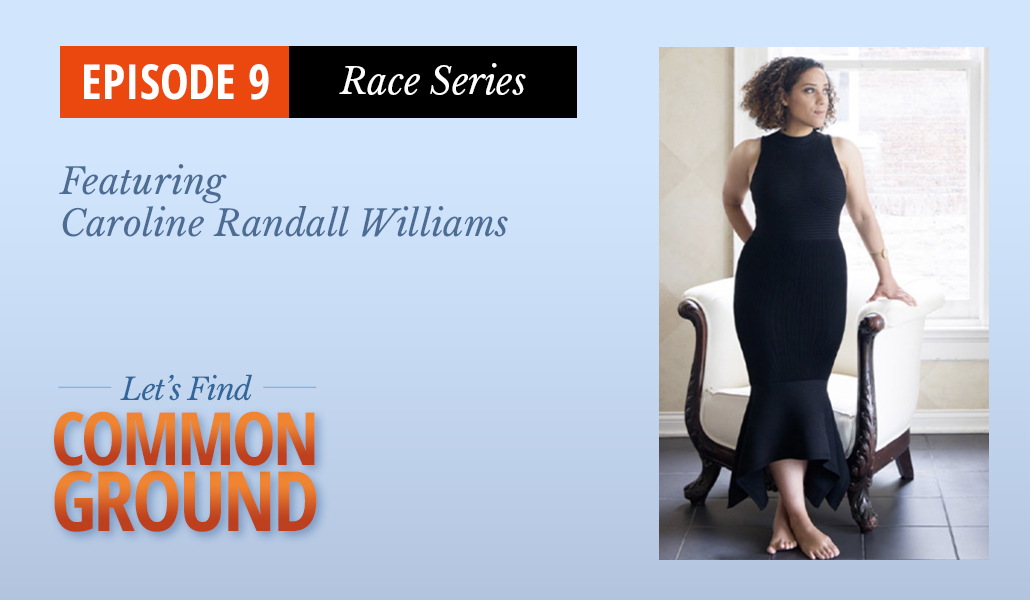
Subscribe to the Podcast
The call to remove Confederate monuments is growing. What is our responsibility in examining history?
“I am proud of every one of my black ancestors who survived slavery. They earned that pride, by any decent person’s reckoning. But I am not proud of the white ancestors whom I know, by virtue of my very existence, to be bad actors.”
So wrote poet Caroline Randall Williams in a widely-read opinion column for the New York Times. As a Black southern woman with white ancestors, her view of the debate over how America remembers its past is deeply personal.
This episode is the latest in our podcast series on race where we work to bring light, not heat to the issue. Recent protests across the country have sparked renewed controversy over confederate statues and the naming of military bases and public buildings that celebrate men who fought in the Civil War against the government of the United States.
Should the monuments be repurposed or removed? We discuss ways to find common ground and expand our understanding of American history.
Caroline Randall Williams is a writer in residence at Vanderbilt University. She is a resident and native of Tennessee. Some of her ancestors were enslaved. She is the great-great grand-daughter of Edmund Pettus, for whom is named the bridge in Selma, Alabama where the March, 1965 civil rights march known as “Bloody Sunday” took place. Pettus was an officer in the Confederate army, a grand dragon of the Ku Klux Klan and U.S. Senator from Alabama.
Read the Episode Transcript
Ep. 9 – My Body Is a Confederate Monument
Caroline Randall Williams
Born and raised in Nashville Tennessee, Harvard graduate Caroline Randall Williams is an award-winning poet, young adult novelist, and cookbook author as well as an activist, public intellectual, performance artist, and scholar. She joined the faculty of Vanderbilt University in the Fall of 2019 as a Writer-in-Residence in Medicine, Health, and Society while she continues to work and speak to the places where art, business, and scholarship intersect, moving people closer to their best lives and corporations closer to their ideal identities.
She has spoken in twenty states: Alabama, Arkansas, California, Florida, Georgia, Louisiana, Maryland, Massachusetts, Michigan, Minnesota, Mississippi, Nevada, New Hampshire, New York, Oregon, Pennsylvania, Tennessee, Texas, Washington and West Virginia, in venues that range from as small as a classroom in a neighborhood school to as large as the Superdome mainstage during Essence Fest. To every speaking engagement Caroline brings a fierce intelligence, disarming charm, a touch of glamour, and a depth of lived experience that belies her thirty-two years. She has taught in two of the poorest states in the union — Mississippi and West Virginia — and she has been educated at two of the richest universities on the globe — Harvard and Oxford.
Named by Southern Living as “One of the 50 People Changing the South,” the Cave Canem fellow has been published and featured in multiple journals, essay collections and news outlets, including The Iowa Review, The Massachusetts Review, CherryBombe, Garden and Gun, Essence and the New York Times.





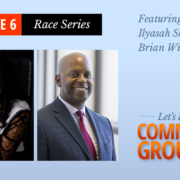

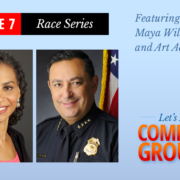

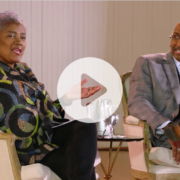
![CGC_Davis_LoRee_Event_FB_1200x630[88]](https://commongroundcommittee.org/wp-content/uploads/2021/05/CGC_Davis_LoRee_Event_FB_1200x63088-180x180.jpg)
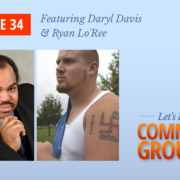


![Satan and Adam [Corey Pearson]](https://commongroundcommittee.org/wp-content/uploads/2020/07/Satan-and-AdamCorey-Pearson-80x80.jpg)
